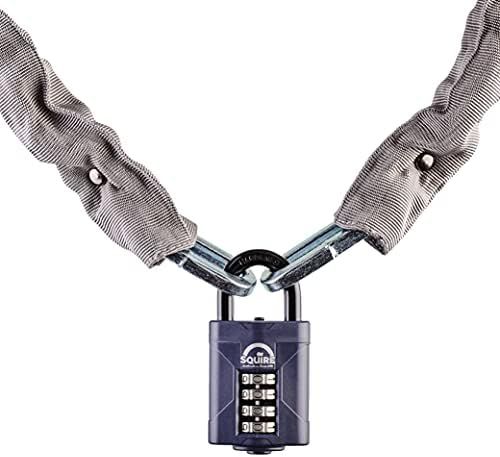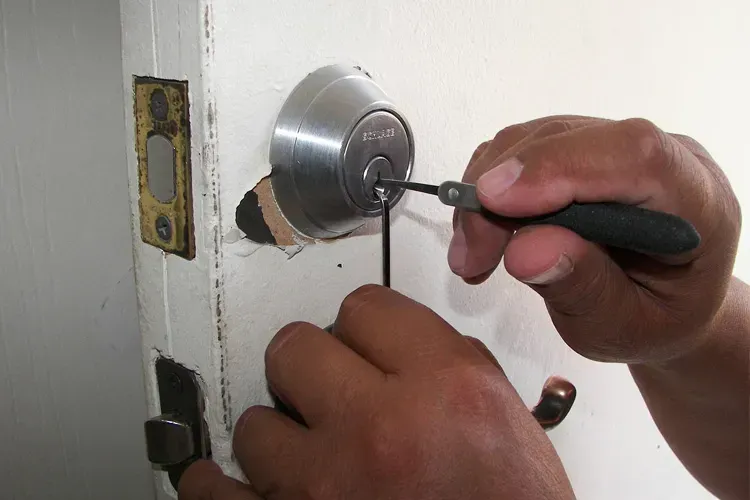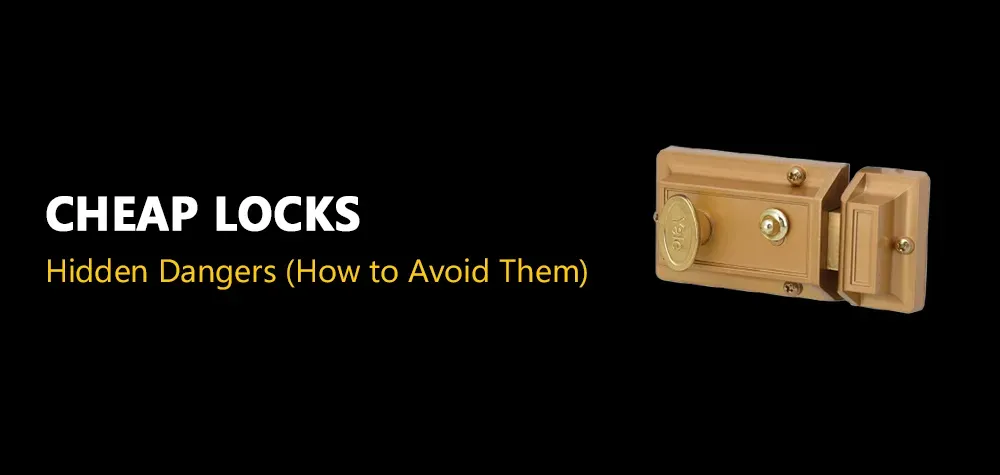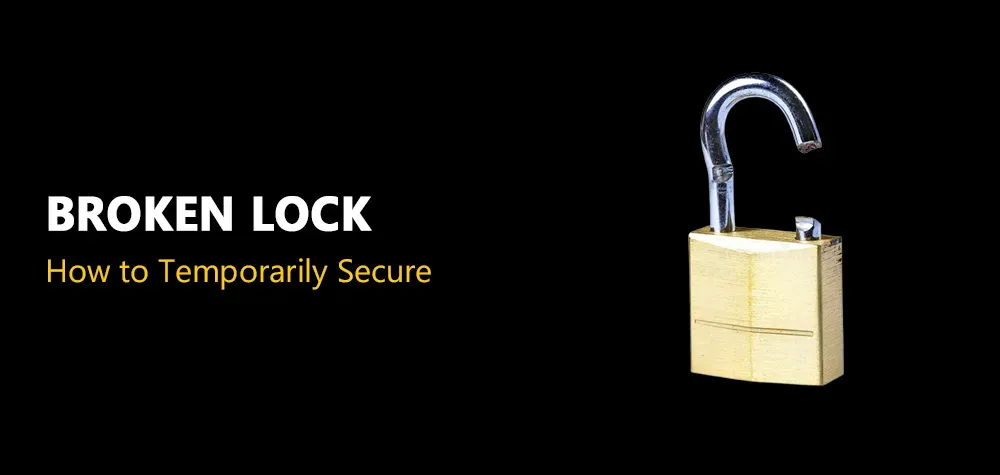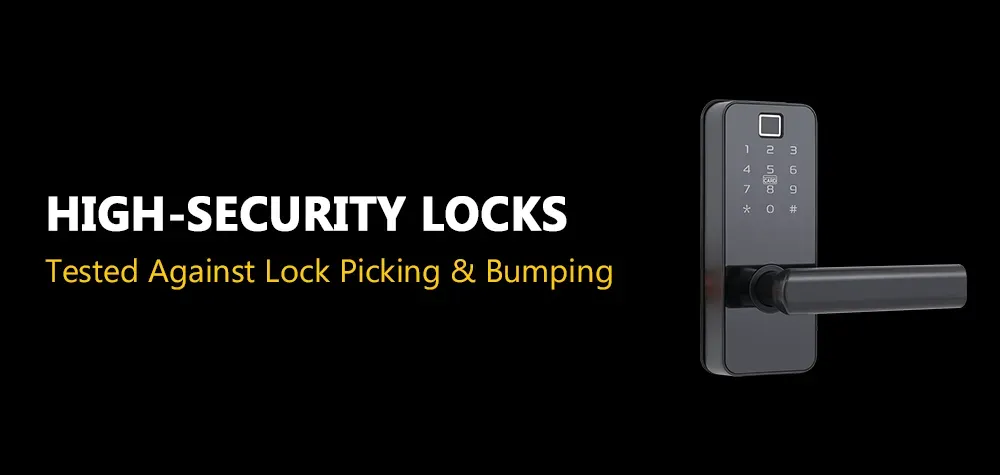Why Remote Start Isn’t Working – Is It a Key Issue?
Remote start is one of those small luxuries that feels like magic—press a button, and your car warms up (or cools down) before you even step outside. Whether it's a frosty winter morning or a blazing summer afternoon, the convenience of starting your engine from a distance is a game-changer. But what happens when that little feature suddenly stops working?
You press the button… and nothing. No sounds, no flashing lights, no engine roar. Just silence. Naturally, you start to wonder, Is something wrong with the car? Or is it the key?
Spoiler alert: it might very well be your key, but that’s not the only possible cause. Let’s walk through the real reasons your remote start isn’t working, how to fix them, and what you can do to avoid this situation in the future.
Is DIY Rekeying Safe? Common Mistakes to Avoid
Understanding How Remote Start Works
Before diving into what’s going wrong, it helps to understand how the system functions when it’s working properly. Remote start systems rely on a synchronized relationship between your car’s receiver and the transmitter (your key fob or remote). When you hit the button, a signal is sent to the car's onboard computer to initiate the ignition process, under strict safety and programming parameters.
These systems are designed to prevent unintended starts, theft, or misuse. That’s why they’re sensitive to all kinds of small interruptions—from door positions to engine trouble codes to the state of your key fob battery.
In short, remote start is a convenience feature with a cautious personality.
Could It Be the Key? Exploring the Most Overlooked Culprit
Let’s start with the big question: Is your remote start failure caused by the key?
The answer is often yes—especially if your key fob is older, dropped frequently, or exposed to moisture. Key fobs are tiny computers in their own right, with circuit boards, signal transmitters, and batteries that can go bad over time. If your car isn’t responding, it could be because it’s not receiving a strong enough signal or any signal at all.
The most common issue is a dead or dying key fob battery. This can cause your remote start feature to stop working entirely, even though the rest of the fob (such as unlocking doors) still works. It’s frustrating, but it’s a simple fix.
A less common but more serious problem could be a damaged transmitter or internal circuitry inside the key. If you dropped your fob in water or it’s been stepped on, the remote start button may no longer send the proper signal—even if other buttons function normally.
Some vehicles also use encrypted pairing between the key and the car, which means if the key becomes unpaired or reprogrammed improperly, the car won’t recognize the signal at all. This can happen after a battery change, system update, or if you've recently replaced your car’s battery.
So yes, your key could absolutely be the issue—but it’s not always that simple.
Other Reasons Remote Start Might Not Be Working
If your key fob is in good shape, it’s time to look at the other players involved.
One common issue is an open hood or door. Many remote start systems have safety features that disable the system if any of the doors, hood, or trunk are not securely closed. Even a slightly ajar door can cancel the command without you realizing it.
Another culprit could be a tripped check engine light. Remote start systems often refuse to activate when the vehicle has an active engine code or diagnostic alert. Even something minor like a loose gas cap triggering the engine light can stop remote start from working.
Gear position matters too. Your car must be in "Park" with the parking brake engaged (in some models). If the system thinks the car is in gear or the brake isn’t set, it will reject the remote start command.
In cold climates, low engine temperature warnings or fuel level sensors might prevent the engine from starting remotely. Similarly, aftermarket systems might clash with factory settings if they weren’t installed or programmed correctly.
Step-by-Step Troubleshooting: Getting Remote Start Back on Track
Let’s break down the best way to tackle the issue step-by-step, so you don’t end up pulling your hair out.
Step 1: Check the Key Fob Battery
This is the fastest and easiest fix. Swap the battery out for a fresh one (usually a coin-cell battery like CR2032). Most auto parts stores or locksmiths can help with this if you're unsure how to open the fob.
Step 2: Confirm Doors, Hood, and Trunk Are Fully Closed
Give everything a firm push and double-check your dashboard lights for any open-door warnings. If the hood sensor is faulty or loose, it might falsely report the hood as open, blocking the start.
Step 3: Look for the Check Engine Light
If the CEL is on, remote start won’t work in most cars. You’ll need to get the code scanned and the issue fixed. Many auto parts stores offer free diagnostics.
Step 4: Verify Gear Position and Parking Brake
Make sure the car is in "Park" and the parking brake is properly set if your model requires it. Remote start systems are hyper-vigilant when it comes to safety, so even a small deviation here can block the process.
Step 5: Try a Manual Start
Try starting your car the old-fashioned way—with the key inside the car. If the engine struggles or doesn’t turn over, the issue may be mechanical or electrical, and you’ll need a technician's help.
What Are the Risks If You Ignore the Issue?
While not having remote start might seem like a minor annoyance, ignoring the underlying issue can come back to bite you.
If it’s a key fob problem, you might eventually lose access to all fob functions—like locking the doors or even starting the car normally. If it’s an engine code, something more serious could be lurking under the hood. And if it’s a sensor issue, it could spiral into additional malfunctions in safety systems like alarms or auto-lock features.
Don’t treat a remote start failure as just a convenience glitch. It might be your car whispering that something needs attention.
Expert Advice: When to Call a Locksmith or Technician
If you suspect your key fob is the issue—especially after changing the battery and trying all other steps—it’s time to call a professional locksmith who specializes in automotive keys.
An auto locksmith can test the transmitter, reprogram the key, or even create a new one if your fob is beyond repair. This is often cheaper and faster than going to a dealership.
If the issue is deeper, like wiring problems, sensor failures, or engine trouble, an automotive technician or dealership mechanic may be your best bet. Especially if you're dealing with a factory-installed remote start system that’s tied to the car’s onboard computer.
Preventive Measures: Keeping Your Remote Start Reliable
Prevention is always better than repair, especially with something as convenient as remote start. Start by replacing your key fob battery yearly, even if it seems to be working fine.
Avoid dropping your key fob, exposing it to water, or placing it near strong magnets or electronic devices that could mess with its programming. Keep your car’s software updated—many modern vehicles receive over-the-air updates that can patch bugs in remote start logic.
Also, don’t ignore engine lights or sensor issues, even if the car seems to drive fine. These little warnings are often the gatekeepers that stop remote start from functioning.
Conclusion: When Remote Start Fails, Listen to What Your Car Is Telling You
Remote start not working might feel like a small setback, but it’s often your car’s way of saying something needs attention. It could be as simple as a drained key fob battery—or as complex as an electrical issue buried under your dashboard.
Yes, it could be your key. But it could also be a safety lockout, a system conflict, or a maintenance issue. The key (pun intended) is not to ignore it.
With a little troubleshooting, the help of a locksmith or technician, and a proactive mindset, you can bring that convenience back to life and keep your mornings smooth and stress-free.
So next time your car stays silent after that button press—don’t panic. Get curious. Your car’s just waiting for you to unlock the right solution.
Call Us Any Time!
